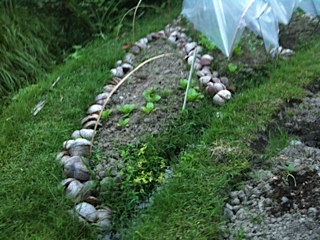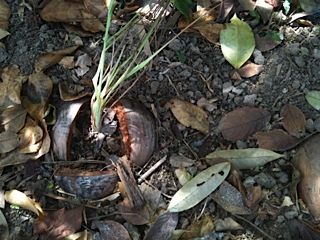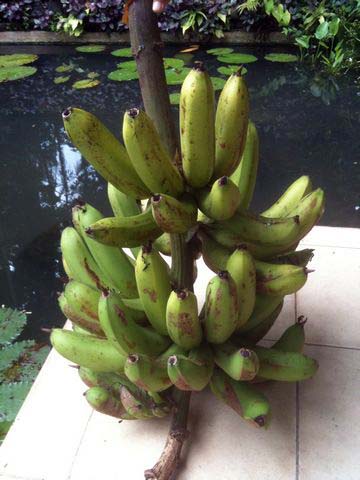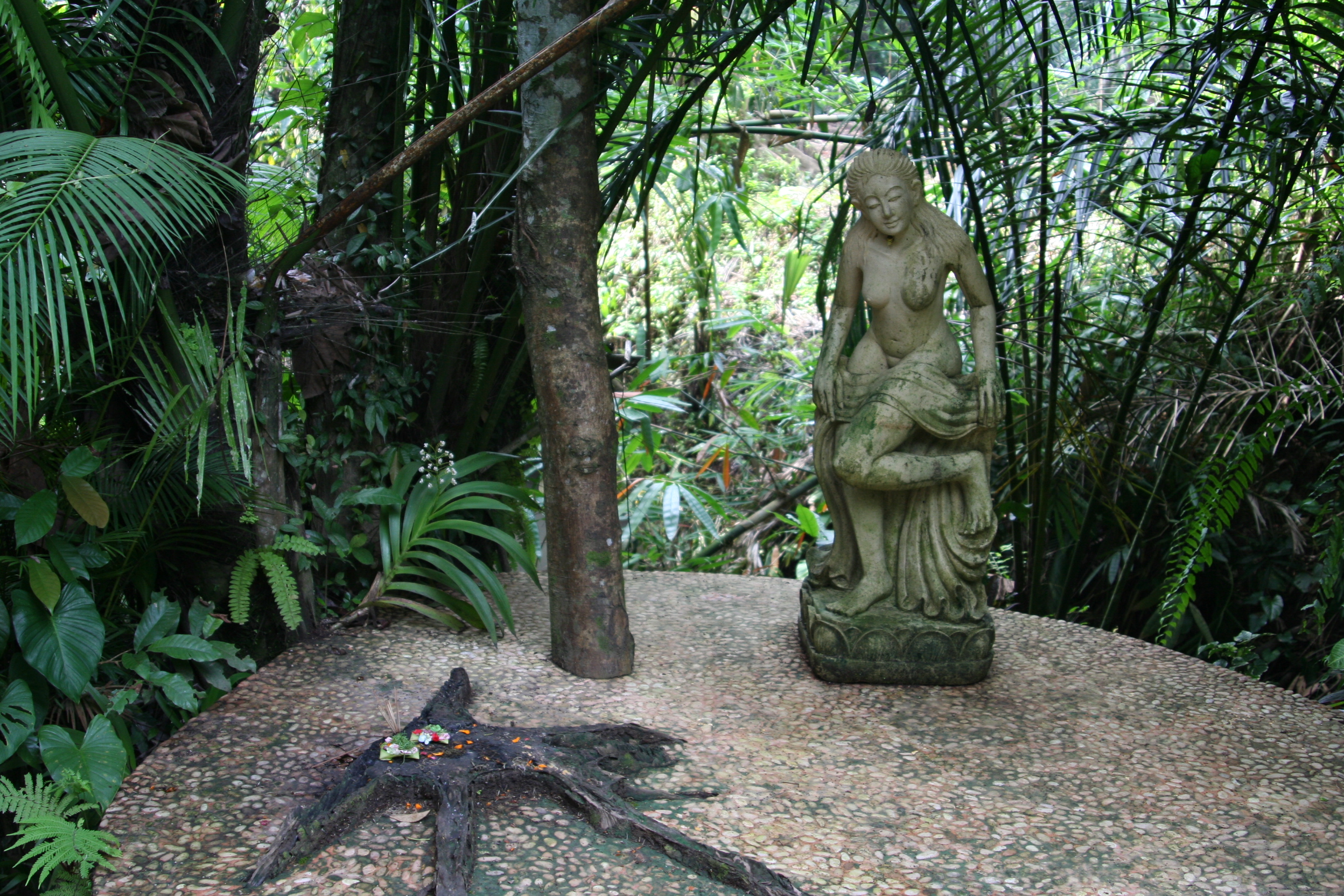Moringa: The Miracle Tree
/Have you heard about the miracle tree? The tree that can provide your body with a multitude of vitamins and is great for improving your overall health? The name of this super tree is the Moringa, and quite a few of them are growing in the gardens at Jiwa Damai. The moringa is a fast-growing, drought-resistant tree native to the southern foothills of the Himalayas in northwestern India, but widely cultivated in tropical and sub-tropical areas. With its potent health benefits, it’s quite miraculous that moringa trees grow in subtropical areas, where malnutrition is most prevalent. This tree is one of the world’s most useful plants and can save millions of lives!
The leaves are the most nutritious part of the plant, being a significant source of B vitamins, vitamin C, provitamin A as beta-carotene, vitamin K, manganesium and protein, among other essential nutrients. Moringa leaves have seven times the Vitamin C of oranges, four times the calcium of milk, four times the vitamin A of carrots, three times the potassium of bananas, and two times the protein of yogurt. It really is a miracle tree!
In addition to the rich nutritive value of the leaves, moringa seeds can be used as a quick and simple method for cleaning dirty river water. Studies show that this simple method of filtering not only diminishes water pollution but also harmful bacteria. Powdered moringa seeds adhere to the solids in dirty water and then sink to the bottom, leaving clear, clean water behind. This treatment also removes 90-99% of bacteria.
Jiwa Damai retreat center will soon utilize this amazing super food by making moringa seed powder from the trees growing in our organic garden. Moringa powder can be used for cooking or simply sprinkled on top of a salad for an extra dose of health. It won’t be long before our guests and volunteers will be able to feel for themselves all the great benefits of the moringa tree. Let’s see how it works!



































